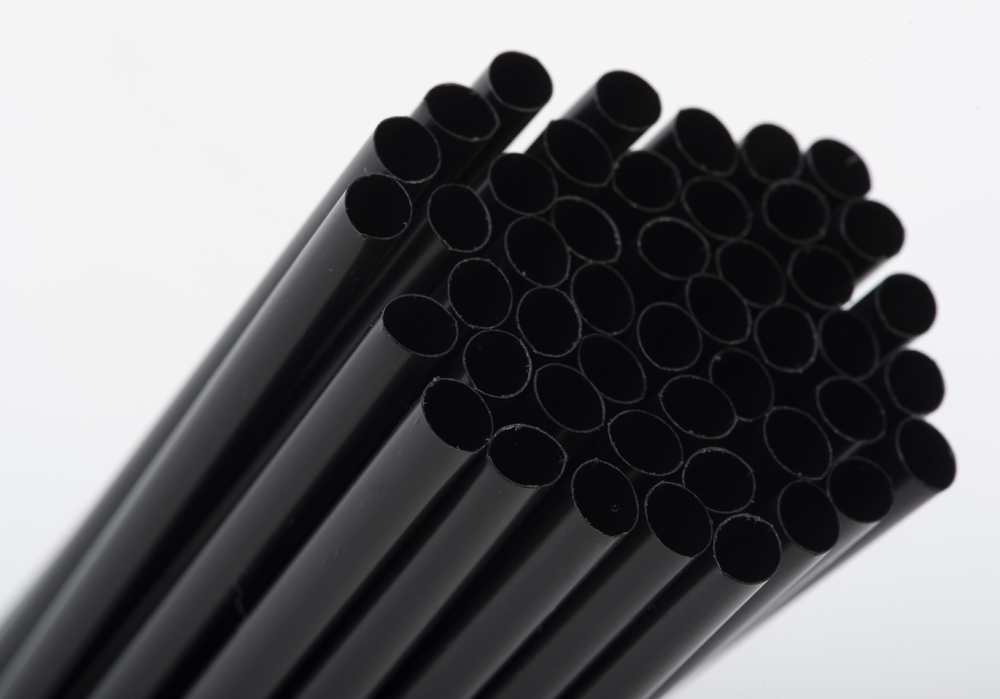One of the great benefits of living in the 21st century is that people have access to a wide range of eco-friendly products. Continuous research on protecting our only living planet from the effects of toxic waste and greenhouse gases is in the move to find the best solution.
There has been a significant increase in eco-friendly products because of the awareness to save the earth. If you take your time and observe, you will see the drastic changes in the climate, different kinds of weird phenomena and migrating birds or sea animals changing their old age course to escape from extreme weather conditions. Though the list is endless, what we need more is a solution to the problem.
Compostable products can ultimately reduce solid waste without harming the planet. The question is, does it differ that much compared to biodegradable products? Is it sustainable and environmentally safe?
Let’s break down the facts.
Why Is Composting a Big Part of ‘Living Green’
Many products are made to reduce waste, from biodegradable detergents to compostable cutleries and trash bins. Yet, the search for providing a sustainable product is continuous.
Biodegradable products are introduced as a vital solution to eliminating solid waste. But when biodegradable products break down, they release harmful chemicals into the soil and water, thus creating more harm than good.
How about composting and using compostable products?
Living green through composting begins when you buy in the grocery fruits and vegetables meant for consumption. The ‘waste’ will be the skins and peels of the produce. Mixing it with soil will eventually break down as nutrient-rich fertiliser.
On the other hand, using compostable products in everyday life will change how we perceive that using biodegradable plastic is the friendliest way to save the Earth. With compostable products, we can achieve a healthier environment that is beneficial at home and public health through zero waste. As our landfills are almost full, we must think and adapt fast to save this planet for future generations.
Composting Vs Biodegradable: Which Matters More?
Going back to the fundamental question ‘what is composting’ will clarify further the benefits it can give us.
Composting is a method of how disposable waste breaks down into organic matter that is valuable and rich in nutrients. Compostable plastic is made from plant starch that becomes PLA or polylactic acid. Depending on the size, compostable products can decompose within 90 to 180 days under favourable conditions.
How to Live ‘Green’
It’s easy to take the convenience of modern life for granted, but it’s important to remember that many of these advancements have significantly impacted waste reduction.
So how do we start living green?
- Buy only compostable items, like trash bins, gloves and more, that comply with Australian standards for compostable products. Most compostable products have a green seedling leaf, indicating that the product met the requirements needed.
- Separate your trash accordingly. Even though you have compostable products, it does not mean just throwing your garbage in one big pile. Plastics combined with your compostable packages will hamper their natural way of decomposition.
- Don’t throw away those peels of fruits and veggies; compost them! Your crop will grow healthier rather than using harmful fertilisers.
These changes may seem small, but they can significantly reduce the waste produced each year. As more people adopt these practices, we’ll continue to see a decline in the amount of waste produced, making it easier to protect our planet for future generations.
Bonnie Bio: Sustainable Compostable Packaging in Australia
It’s time to do our part and be eco-conscious. With Bonnie Bio compostable products, you can enjoy any event like parties without the hassle of having toxic plastic cutleries. Walk your dog and pick up that poop with our compostable poop bag. Let’s make it a habit to use compostable products daily.
If you want to live green and reduce your environmental impact, consider our products at Bonnie Bio. Contact us and learn more.

